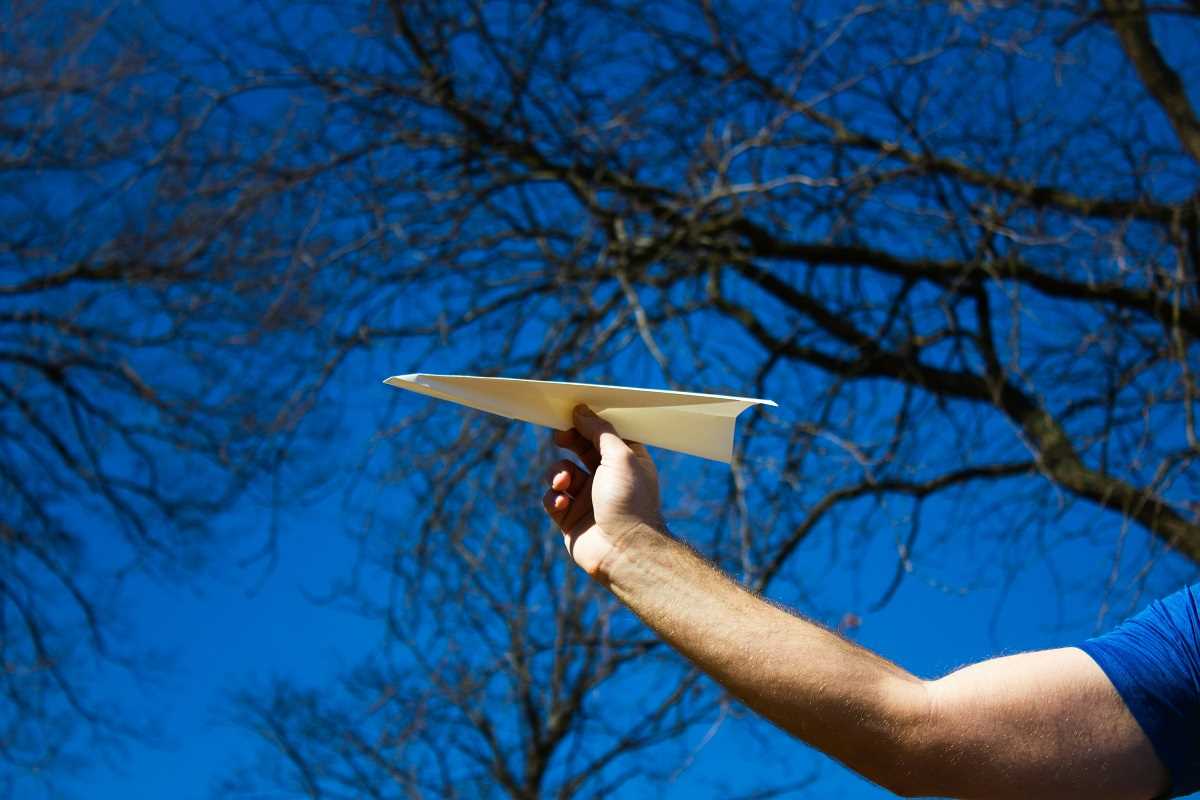Taking a family vacation is a fantastic way to create lifelong memories, but the thought of the cost can be daunting. Between airfare, lodging, food, and activities, expenses can quickly add up, making a trip seem out of reach. The great news is that you don't need to spend a fortune to have an incredible and refreshing break with your loved ones. A memorable vacation is built on shared experiences and quality time, not on the price tag. With a bit of creative planning and a willingness to explore different options, you can design a wonderful getaway that fits your family’s budget. These ideas will help you think outside the box and prove that an amazing trip is more about resourcefulness than riches.
Embrace the Great Outdoors at National and State Parks
One of the most affordable and rewarding vacation options is right in nature’s backyard. National and state parks across the country offer breathtaking scenery, endless activities, and a chance to disconnect from technology and reconnect with each other. For a family of four, the cost of admission is often minimal, and the value is immense.
Camping as a Budget-Friendly Base
Camping is the ultimate budget accommodation. Whether you choose a tent or an RV, the nightly cost for a campsite is a fraction of a hotel room. Many campgrounds are equipped with amenities like bathrooms, showers, and even playgrounds, making it comfortable for families. The experience itself is an adventure. Kids love the novelty of sleeping outdoors, telling stories around a campfire, and waking up to the sounds of nature. Cooking your own meals over a fire or on a camp stove also saves a significant amount of money compared to eating out for every meal. It encourages teamwork and teaches valuable skills.
Activities for Everyone
Parks are natural playgrounds. You don’t need to spend money on expensive entertainment when you have access to miles of hiking trails suitable for all ages and skill levels. Many parks also offer opportunities for:
- Fishing
- Kayaking or canoeing
- Swimming in lakes or rivers
- Biking on scenic paths
Many parks also have free or low-cost ranger-led programs, such as guided nature walks, junior ranger activities for kids, and evening talks about local wildlife or astronomy. These programs are both educational and entertaining, adding another layer of value to your visit.
Be a Tourist in Your Own Town (or a Nearby One)
The concept of a "staycation" has gained a lot of popularity, and for good reason. It eliminates the two biggest vacation expenses: transportation and lodging. However, a successful staycation requires a shift in mindset. You must treat it like a real vacation, which means unplugging from work and resisting the urge to do household chores.
Explore Your Local Hidden Gems
How well do you really know your own area? Chances are, there are museums, historical sites, parks, and attractions you’ve never visited. Spend some time researching your city or region as if you were a tourist. You might discover a quirky local museum, a beautiful botanical garden, or a neighborhood with interesting shops and architecture. Plan a daily itinerary just as you would for a trip to a new city. Visiting these local spots can give your family a new appreciation for where you live.
The Day Trip Strategy
If staying right at home feels too familiar, consider using your home as a base for a series of day trips. Pick a few towns or natural attractions within a one-to-two-hour drive. You can pack a picnic lunch and spend the day exploring a new place without the cost of an overnight stay. One day you could be at a beach, the next you could be hiking in a state forest, and the day after that you could be exploring a historic small town. This approach offers variety and a sense of adventure while keeping costs firmly under control.
The Off-Season and Shoulder-Season Advantage
If you have your heart set on a more traditional vacation destination, your timing can make all the difference. Traveling during the "off-season" or "shoulder seasons" (the periods just before and after the peak season) can save you a tremendous amount of money.
What Are Off-Seasons and Shoulder Seasons?
Every destination has a peak season when crowds and prices are at their highest. For a beach resort, this is typically summer. For a ski town, it's winter. The off-season is the opposite—think a beach town in November or a mountain resort in May. The shoulder seasons are the sweet spots in between. For example, visiting a popular European city in April or October instead of July can offer pleasant weather with far fewer crowds and lower prices on flights and hotels.
The Benefits of Off-Peak Travel
The most obvious benefit is cost savings. Airlines and hotels slash their prices to attract visitors during these slower times. You could save 30-50% or even more on the biggest components of your vacation budget. Beyond the savings, the experience is often better. You’ll spend less time waiting in lines at popular attractions, restaurants will be less crowded, and you'll get a more authentic feel for the destination without the overwhelming presence of other tourists. This is especially beneficial for families, as navigating crowded spaces with children can be stressful.
Consider a House Swap or Home Exchange
One of the more creative ways to eliminate your accommodation costs is to participate in a home exchange. This involves finding another family in a destination you'd like to visit and agreeing to swap homes for a set period.
How It Works
Several reputable websites facilitate home exchanges. You create a profile for your home with photos and a description, and then you can browse listings from around the world. You pay an annual membership fee to the platform, but this is often less than the cost of a few nights in a hotel. Once you find a family you'd like to swap with, you communicate to arrange the details.
The Advantages of a Home Swap
The biggest advantage is, of course, free lodging. But it goes beyond that. Staying in a real home means you have access to a full kitchen, which allows you to cook meals and save money on dining out. You’ll also likely have more space than a standard hotel room, with separate bedrooms for kids and parents. It also offers a more authentic travel experience, as you get to live like a local in a real neighborhood. Many families who swap also agree to exchange cars, saving you the cost of a rental. It's a system built on trust that allows families to travel more widely and affordably.
 (Image via
(Image via





